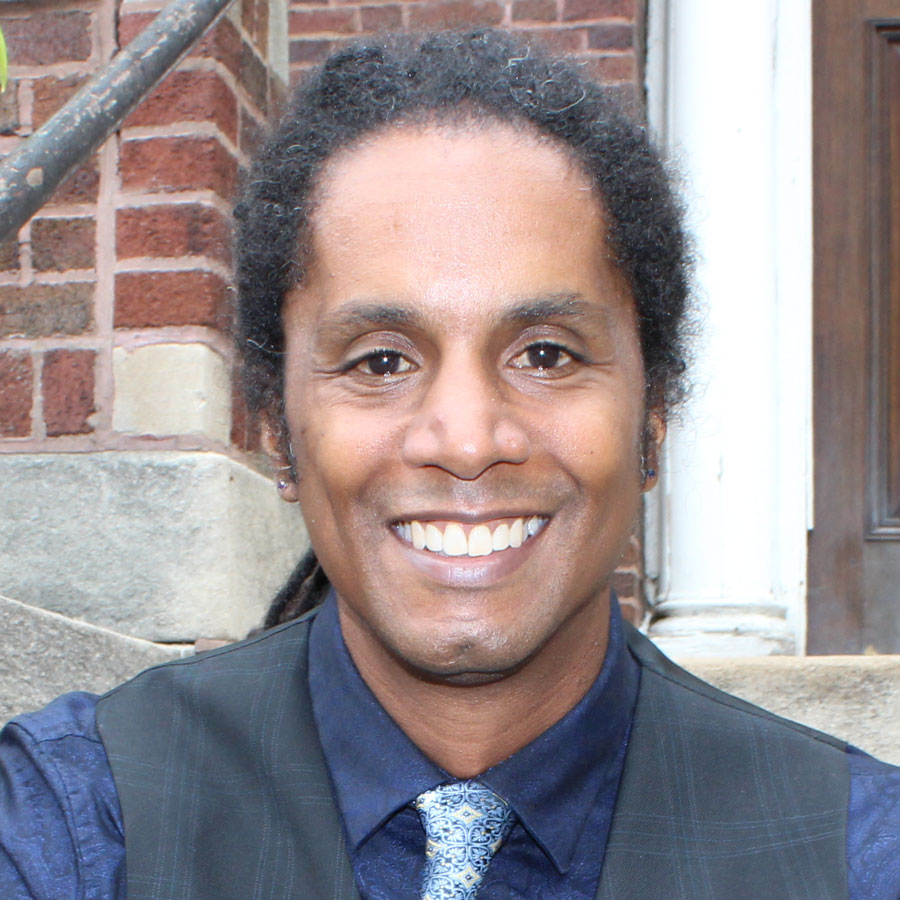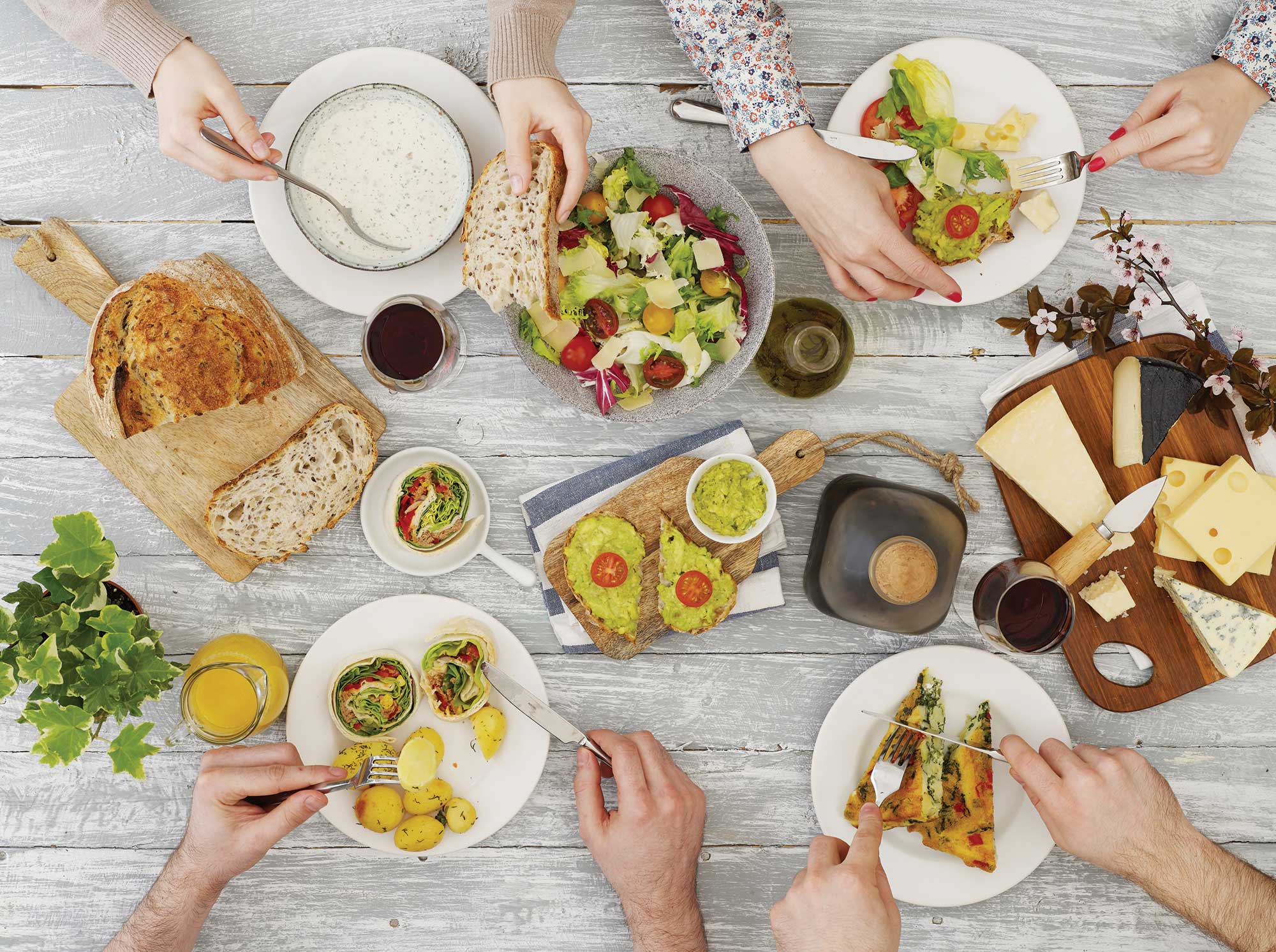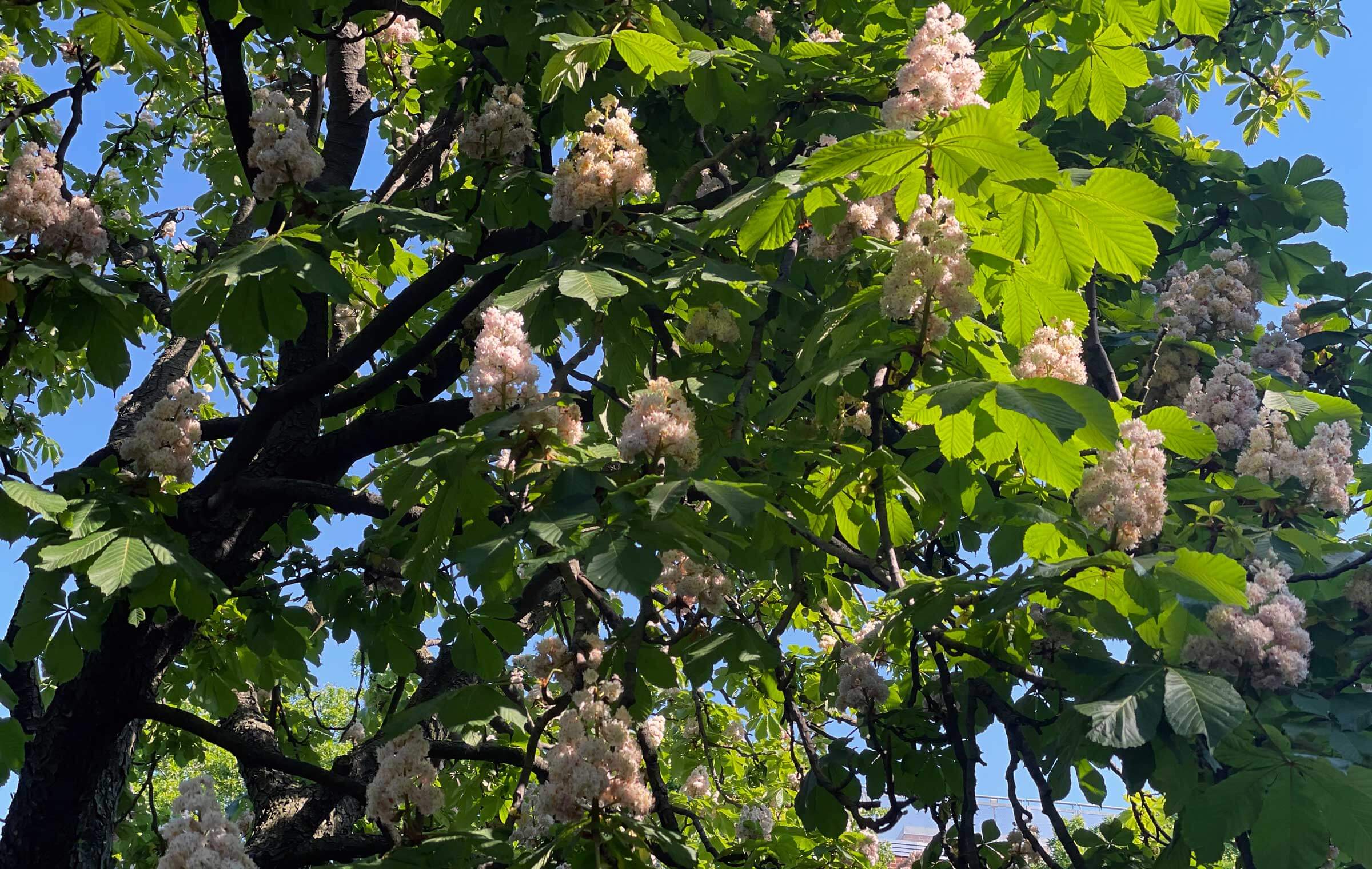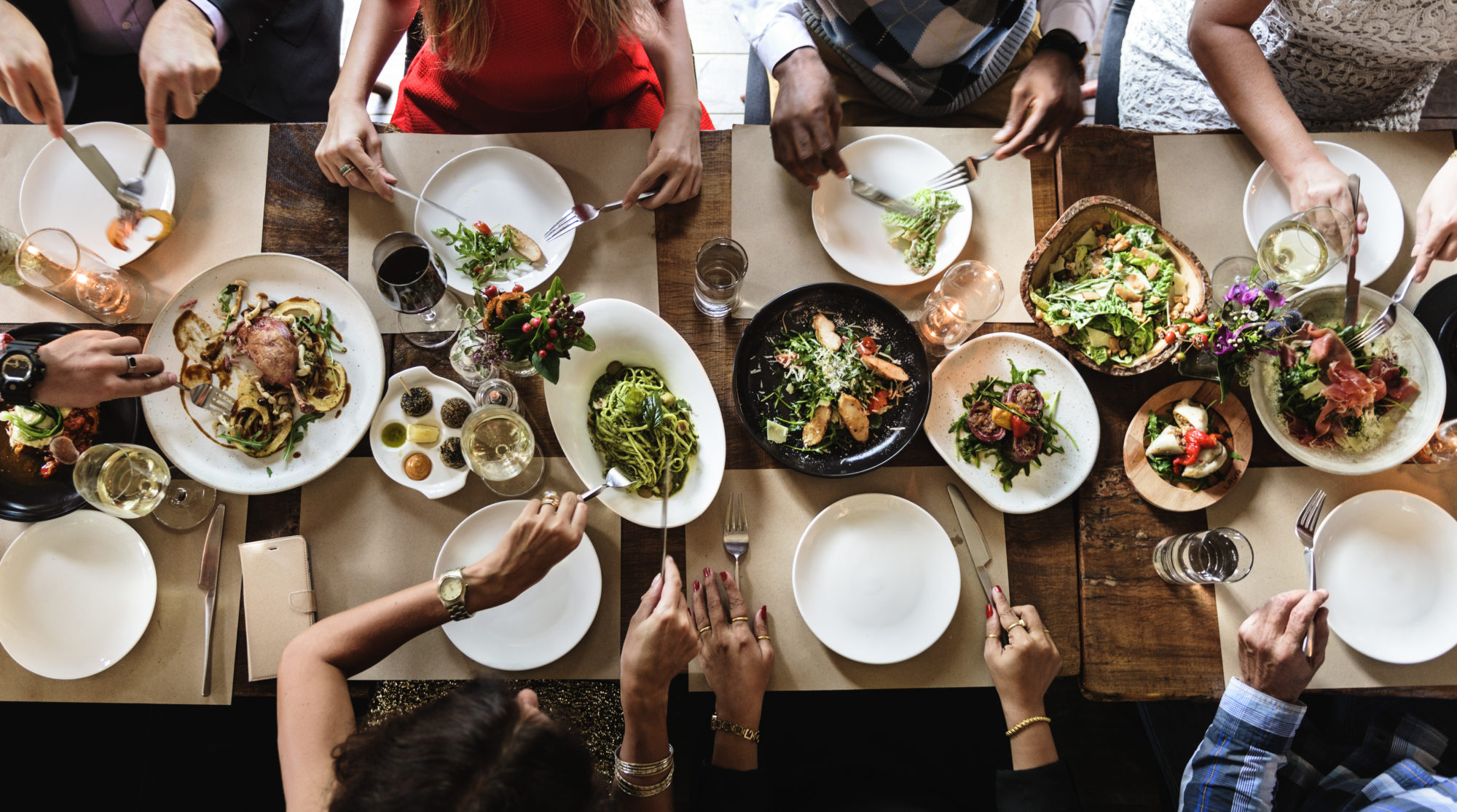
Mark Winston GriffithJournalist
Occupation: Journalist
Location: New York, NY
Social Media: @BKMovement
Current work in response to COVID-19: Mark Winston Griffith is continuing to respond and build the first Black-owned food cooperative in Brooklyn while organizing a collective response to those most in need by providing emergency food.
I’m excited to be a Castanea Fellow because… it helps take me out of the world I know all too well, into a whole other universe I know little of and am very anxious to be a part of.
What is the challenge your work addresses?
Most directly ahead is something very concrete: opening the doors of the Central Brooklyn Food Cooperative. I see it as more than just a retail operation, more than a community organizing campaign…and more than just the sum of its parts. It’s what we’re trying to accomplish on political, economic and operational terms. I want to gain a broader understanding of food systems and how people are connected to food throughout the country. I want to gain a better understanding of the economics of food.
I think of food as helping to build community. I think I need to have a broader understanding of food beyond that…I need to know more than just this neighborhood. How do you build institutions like we’re trying to build? How do you create institutions that have ideological and political integrity, but which are also self-sustaining?
What strategies are you using to address the challenge?
We want to test this idea that there is a wholesale and retail market for producers who are in New York City and New York state. We want to be able to identify producers, distributors and build relationships with local farmers to test this. If we can create a viable pipeline between what we’re doing and the growers out there, what does that look like? How do we get food from the farm to the proverbial table? What will we have to contend with in terms of pricing? Organic versus non-organic? How will we make sure that we build an institution where low and minimum income families have access? How can we deliver affordable food without contributing to waste problems? There is always a tension between low priced food, fair labor practices and fair wages…how do we strike that balance? The fact that we’re a consumer cooperative could also be seen as being anti-worker as some, since all give of their time. What is the right balance to strike in terms of economics?
What does success look like to you?
I’ve experienced success in the past and am trying to project that success onto this. I co-founded a credit union, which was wildly popular and became part of the bloodstream of neighborhood. It’s more difficult than it was 20 years ago, because there is so much economic stratification in food retail in this neighborhood. The challenge is for it to be a real people’s institution, a mass movement, a base-building effort. With that comes complete buy-in from not just people, but government and the private sector. I’d like us to change the paradigm of what successful food retail looks like in Central Brooklyn…and for the Central Brooklyn Food Coop to have a special place in Central Brooklyn, not just for retail, but as a place where people come to learn about all about food, from preparation to policy. Success would be providing the neighborhood with healthy, affordable and sustainable food.



